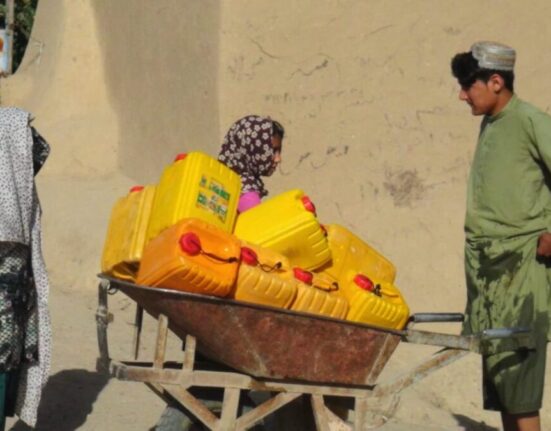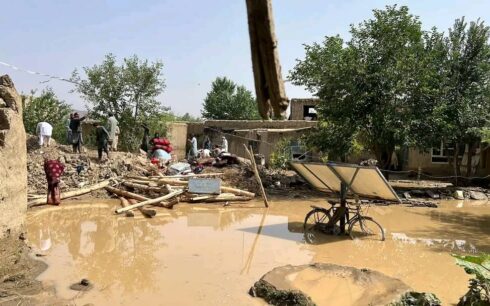KABUL, Afghanistan — The Taliban are expected to carry out public executions of three men on Friday in the provinces of Nimroz and Badghis, according to state-run television under Taliban control and local sources familiar with the matter.
The executions, described by the Taliban as qisas — a form of retributive justice under Islamic law — are scheduled to take place in public view. According to local sources, Taliban officials have instructed government employees and local residents to attend the events.
Residents told Amu that the Taliban have warned attendees not to bring smartphones or cameras to the execution sites, underscoring efforts to restrict documentation and outside scrutiny.
The planned executions follow a broader pattern of corporal and capital punishments reintroduced by the Taliban since their return to power in August 2021. Despite international condemnation, the group has carried out public floggings, executions, and other punitive measures in accordance with their interpretation of Islamic law.
According to figures released by the Taliban’s Supreme Court, at least 456 individuals — including 60 women — have been publicly flogged in 26 provinces so far in the current solar year (beginning March 2024). Over the past three years, more than 798 people, including 140 women, have reportedly been subjected to public floggings.
In the same period, the Taliban have issued 176 rulings for qisas executions, 37 sentences of stoning, 4 punishments involving the collapse of walls on the convicted.
Human rights organizations have repeatedly condemned these practices as violations of international human rights law. Advocates warn that the Taliban are increasingly reverting to the punitive and restrictive policies of their first period of rule in the 1990s, when public executions and corporal punishments were common and widely criticized by the global community.
“These are not just symbolic punishments — they are designed to instill fear and reinforce control,” one rights activist said, speaking anonymously due to security concerns.
There has been no independent confirmation of the identities of those scheduled for execution on Friday, and Taliban authorities have not publicly released further details.





